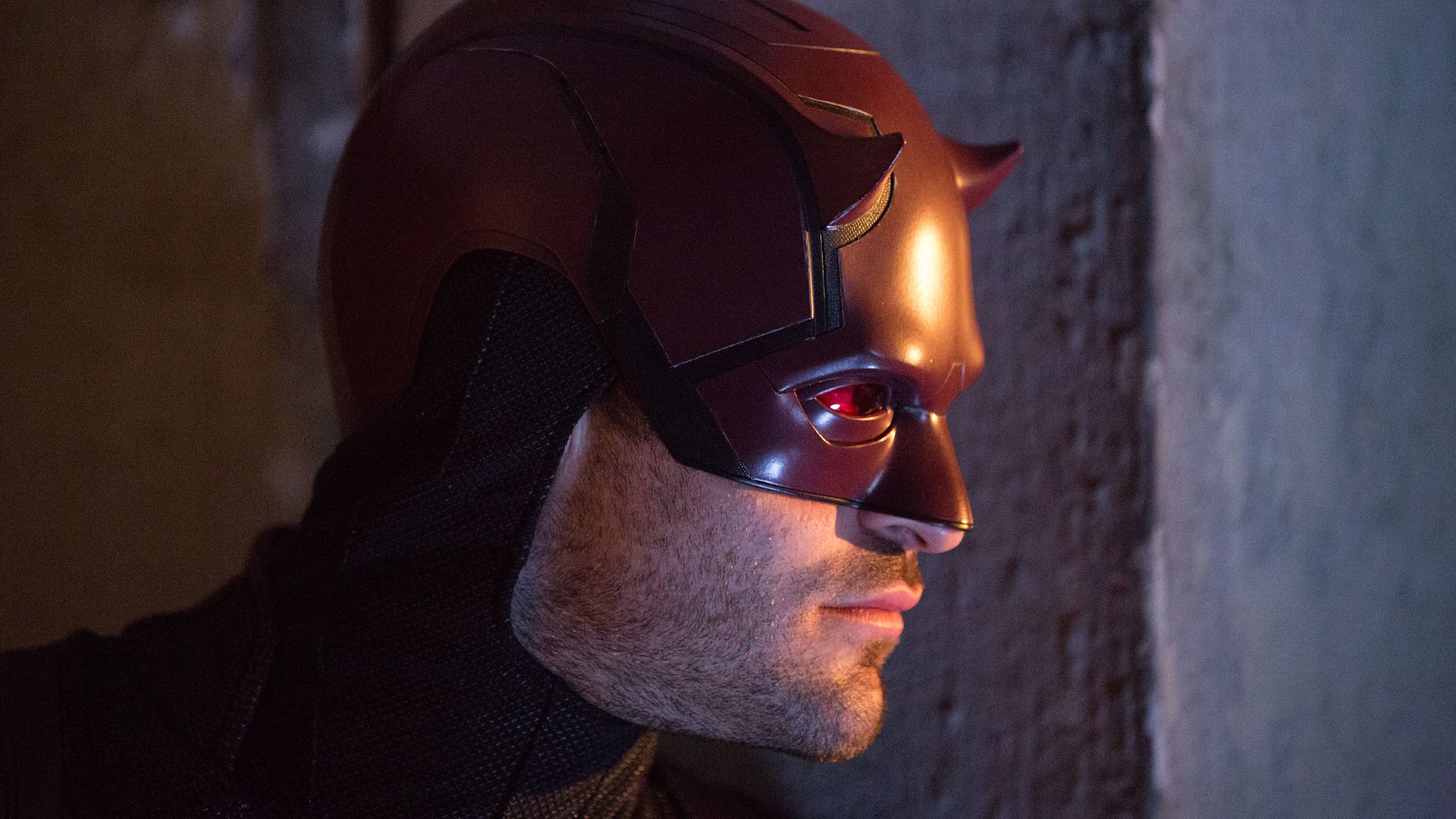
As a longtime viewer of superhero adaptations, I’ve seen the genre really come into its own on TV. What started as something for a dedicated fanbase has become some of the most compelling storytelling around. The best shows haven’t just brought comic book characters to life – they’ve fundamentally changed how we see them, pushing the boundaries of what a superhero story can be. These shows didn’t just adapt the source material, they truly redefined it, and in doing so, changed the whole landscape of superhero entertainment.
For many years, TV shows featuring superheroes were seen as simple fun – colorful but not very deep adaptations of the comics. But over time, a few exceptional series demonstrated that these stories could be just as powerful, meaningful, and visually impressive as blockbuster movies.
These eight shows dramatically changed what we expect from superhero TV, moving beyond simple stories to explore complex themes like loss and reality. They were groundbreaking, influencing countless creators and proving that comic book stories could be much more ambitious. The current world of superhero TV and streaming owes a huge debt to these pioneers – things would be very different without them.
Heroes (2006–2010)
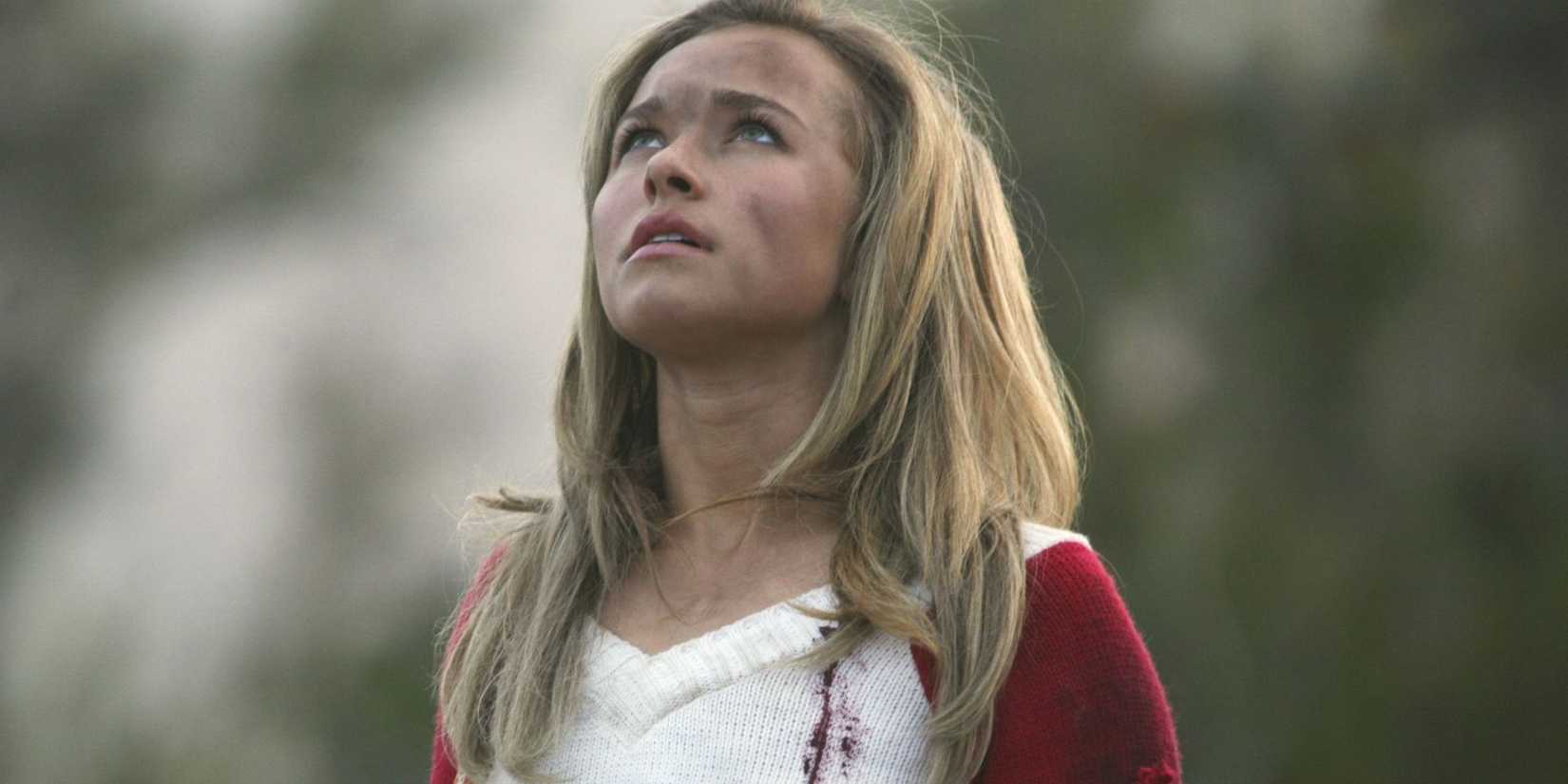
When Heroes first aired in 2006, it was unlike anything else on television. Unlike shows based on existing comic book characters, Heroes featured completely new characters – everyday people suddenly realizing they had incredible abilities. The large cast and stories that took place all over the world created a grand, connected feel that was a fresh approach for traditional network television.
The first season of Heroes was incredibly engaging, blending mystery, compelling characters, and exciting action. The phrase “Save the cheerleader, save the world” quickly became famous, and viewers were drawn in by the difficult choices faced by those with superpowers. The show demonstrated that a complex, ongoing story about superheroes could appeal to a wide audience while still being smart and thought-provoking.
I remember when Heroes first came out – it was amazing! Even though the show had some tough times later on with network interference and the writers’ strike in 2007, its impact is still huge. It really paved the way for shows like The Umbrella Academy and The Boys. What I loved most was that it showed superhero stories could be just as powerful when focused on characters and their feelings, not just big action sequences.
Smallville (2001–2011)
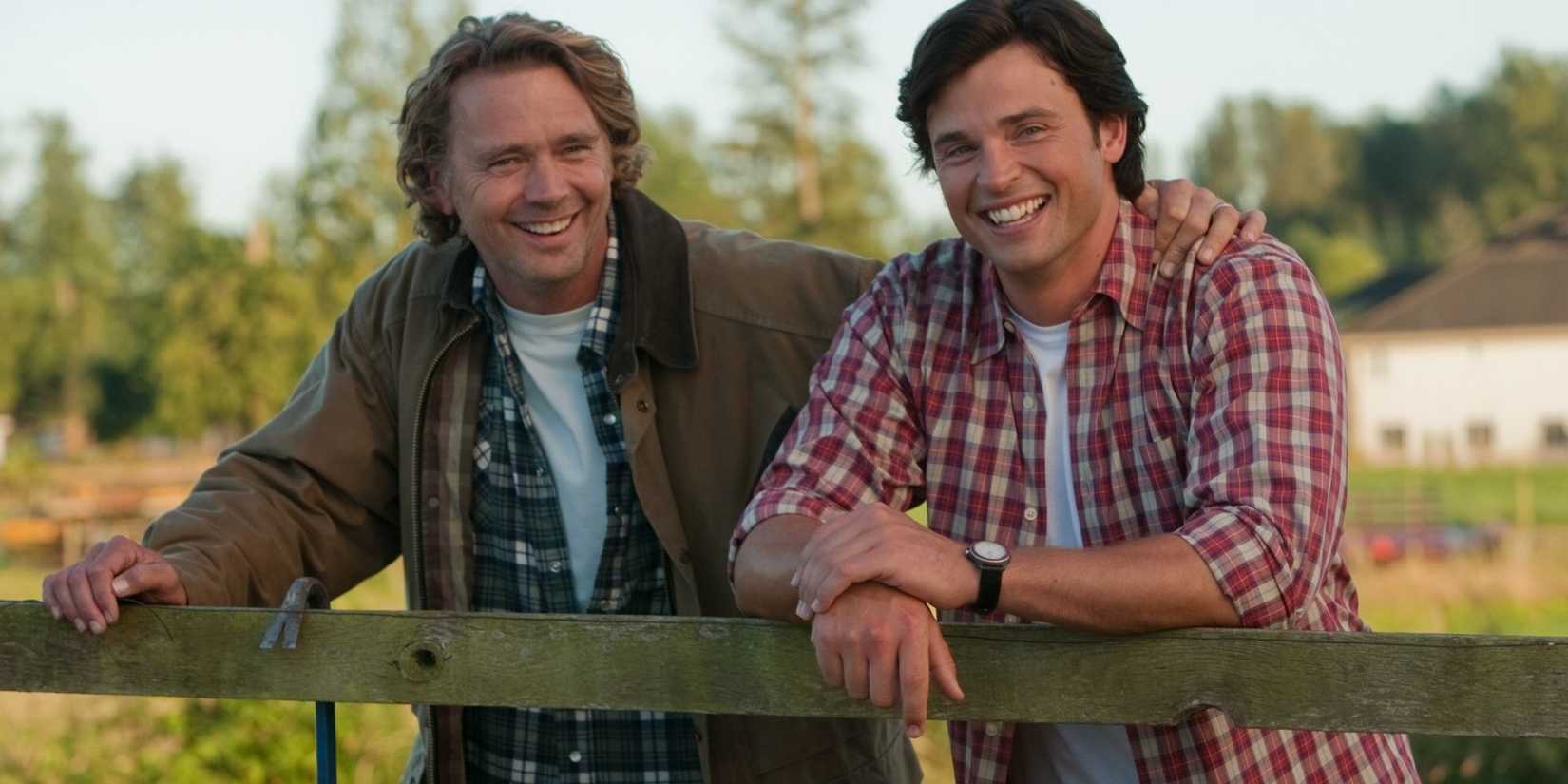
Before superheroes were everywhere in movies and TV, Smallville told the story of Superman’s beginnings for a modern audience. The show followed Clark Kent growing up in Kansas, showing how he developed into a hero before he became Superman. It was a unique blend of superhero action and a relatable story about growing up, dealing with questions of right and wrong, the importance of friends, and figuring out your future.
What made Smallville so good was its subtlety. By avoiding flashy superhero action – the show famously had a ‘no flights, no tights’ rule – it focused on developing Clark Kent as a person. Viewers really connected with his challenges, and Tom Welling played him in a way that felt relatable and human. The show surprisingly blended love stories, thoughtful ideas, and references to comic books, all on a major television network.
For a decade, Smallville proved that superhero stories could succeed on TV, offering emotional depth and compelling narratives beyond just blockbuster movies. The show pioneered a new approach to telling ongoing superhero stories, and The CW’s entire Arrowverse—including shows like The Flash and Supergirl—essentially started because of Smallville. This was highlighted when Tom Welling reprised his role as a version of Superman in the large-scale “Crisis on Infinite Earths” crossover event.
Daredevil (2015–2018)

When Daredevil premiered on Netflix in 2015, it was a game-changer. Unlike typical superhero shows, it was dark, realistic, and explored complex moral issues. Charlie Cox’s portrayal of Matt Murdock wasn’t of a perfect hero; he was a flawed, relatable character struggling in a complicated world, far from simple good versus evil.
Compared to the bright and flashy Marvel Cinematic Universe movies, Daredevil felt very realistic and serious. The fights weren’t just action – they were beautifully filmed and actually advanced the story, particularly the famous hallway fight. The show also explored complex themes like Daredevil’s internal struggles with his faith, nuanced villains, and difficult moral questions, giving it a level of depth you’d expect from high-quality, critically acclaimed dramas.
As a huge film and TV fan, I always thought superhero stories were just popcorn entertainment, but Daredevil completely changed my mind. It wasn’t just another superhero show; it proved that you could really explore a character over a long series, and it paved the way for shows like Jessica Jones and Moon Knight that weren’t afraid to get a little darker and more complex. What really struck me was how Daredevil blended gritty, realistic action with genuine emotional depth. It didn’t just improve superhero TV, it truly raised it to another level – it felt like watching art.
X-Men: The Animated Series (1992–1997)
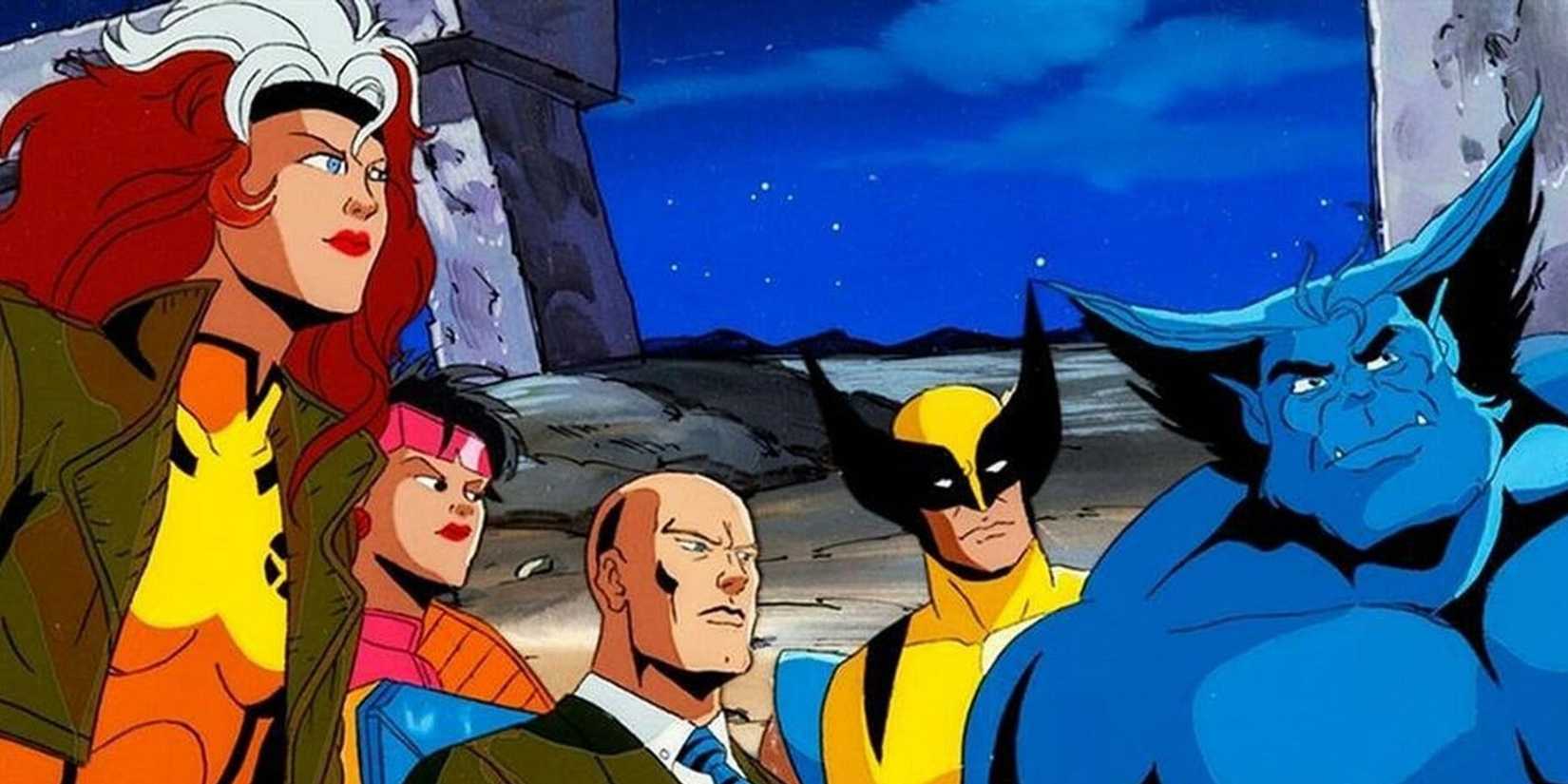
Even before shared cinematic universes became popular, X-Men: The Animated Series truly captured the heart of Marvel’s comic books – arguably better than most live-action adaptations. The show told ongoing stories that explored serious topics like prejudice, politics, and finding your place, all while featuring vibrant, well-developed characters that appealed to viewers of all ages. Importantly, the series always treated the original comic books with respect and seriousness.
The animated series X-Men: TAS gained a devoted following by adapting iconic storylines like “The Dark Phoenix Saga” and “Days of Future Past” with genuine emotional weight and compelling stakes. Staying true to the source material in the comics, the show connected with a generation of fans. It also fearlessly tackled difficult themes and social issues, raising the bar for animated superhero shows and leaving a lasting impact.
The original X-Men: The Animated Series was incredibly influential, paving the way for the X-Men films of the 2000s and even impacting the comics themselves. It helped define Marvel’s storytelling approach for years and is still popular enough to inspire the new series, X-Men ’97. Importantly, the show proved that superhero stories could be both smart and deeply moving, well before that became a common trend.
The Boys (2019–present)
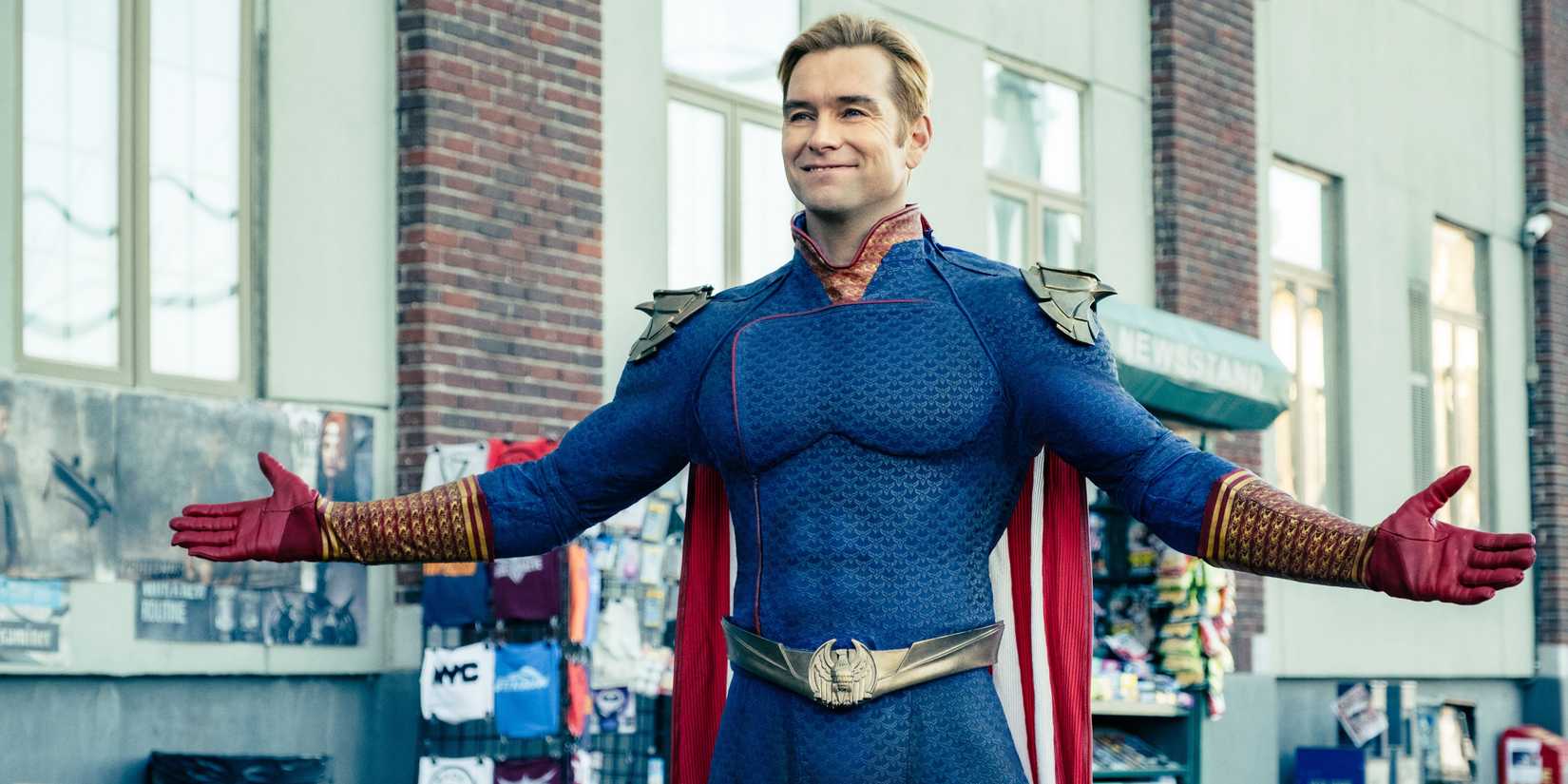
When The Boys first came out, most shows featured traditionally heroic characters. This series happily shattered that expectation. It’s set in a world where superheroes are essentially corporate products, and it cleverly poked fun at everything from celebrity obsession to political wrongdoing – and viewers were immediately hooked.
I was completely blown away by The Boys. Yes, it was shocking with its violence and dark humor, but what really got to me were the characters. They weren’t these untouchable heroes, but flawed, broken people fighting back against a world that pretended everything was perfect. It really made me think – it forced me to question whether we should blindly admire heroes, how much power corporations really have, and what we even mean when we talk about ‘justice’.
With its unique approach, The Boys completely redefined the superhero genre for modern viewers. It demonstrated that comic book adaptations could offer both thrilling action and sharp critiques of society. By challenging the traditional idea of heroes, the show exposed their flaws and complexities, fundamentally changing how superhero stories are told.
Arrow (2012–2020)
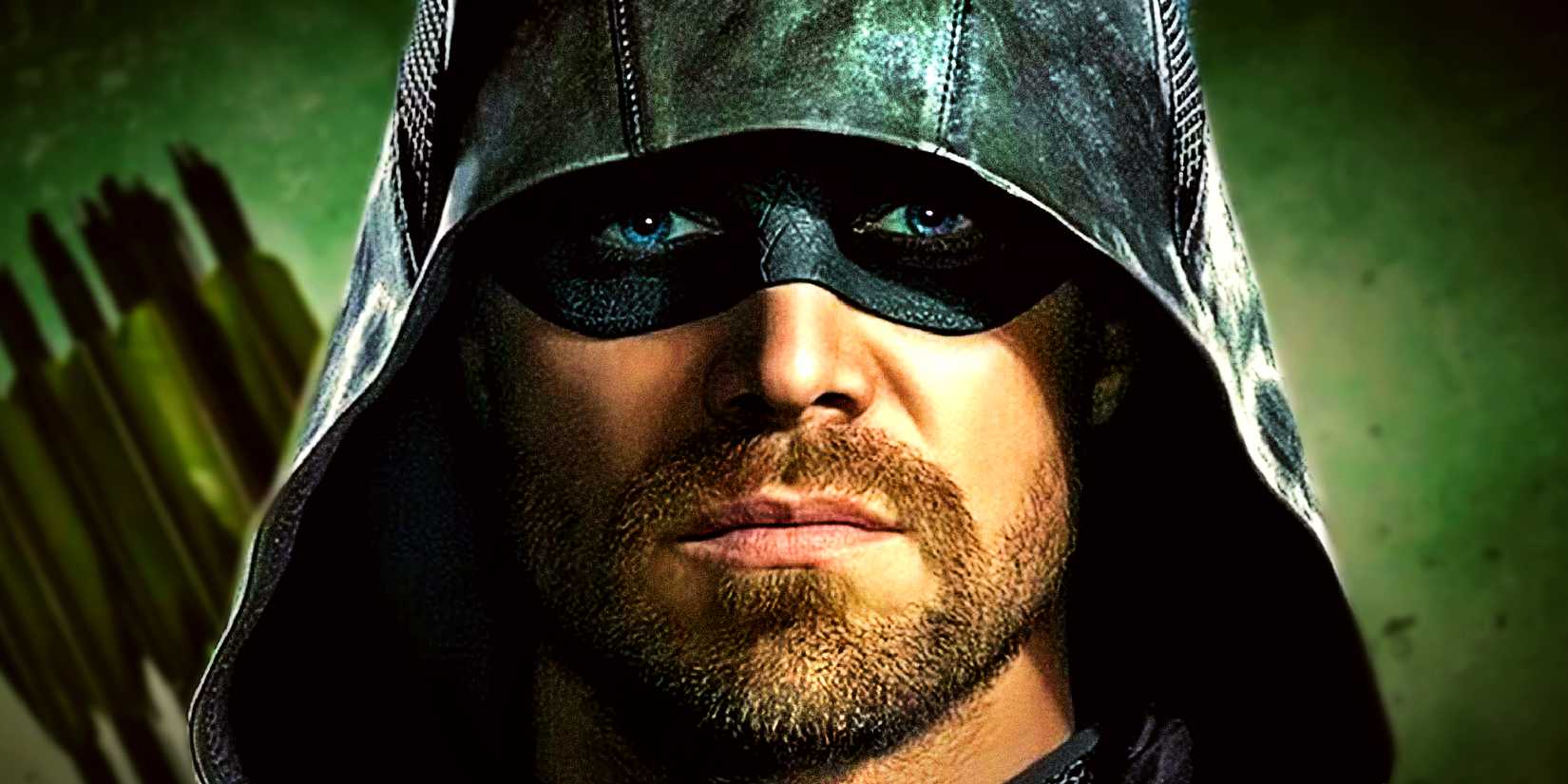
When Arrow first aired on The CW, it was a fresh and daring take on superhero shows. It offered a more realistic and mature story, appealing to viewers who wanted something beyond typical comic book fare. Stephen Amell’s portrayal of Oliver Queen started as a tough, gritty vigilante, combining intense action with ongoing emotional storylines – a rare approach for comic adaptations at the time. The show’s overall style, fight sequences, and continuing plotlines gave Arrow a movie-like quality.
Arrow distinguished itself with its detailed, character-driven stories and its successful adaptation of the comic book universe to television. It skillfully combined realistic crime drama with the exciting elements of superhero comics, changing what viewers expected from the genre. But perhaps Arrow’s most significant achievement is the creation of the Arrowverse, a shared universe of superhero shows.
The Arrowverse successfully created a connected DC universe on television, highlighted by the ambitious “Crisis on Infinite Earths” crossover. It revolutionized how superhero stories were told on network TV, establishing a model that continues to influence the genre today.
Batman: The Animated Series (1992–1995)
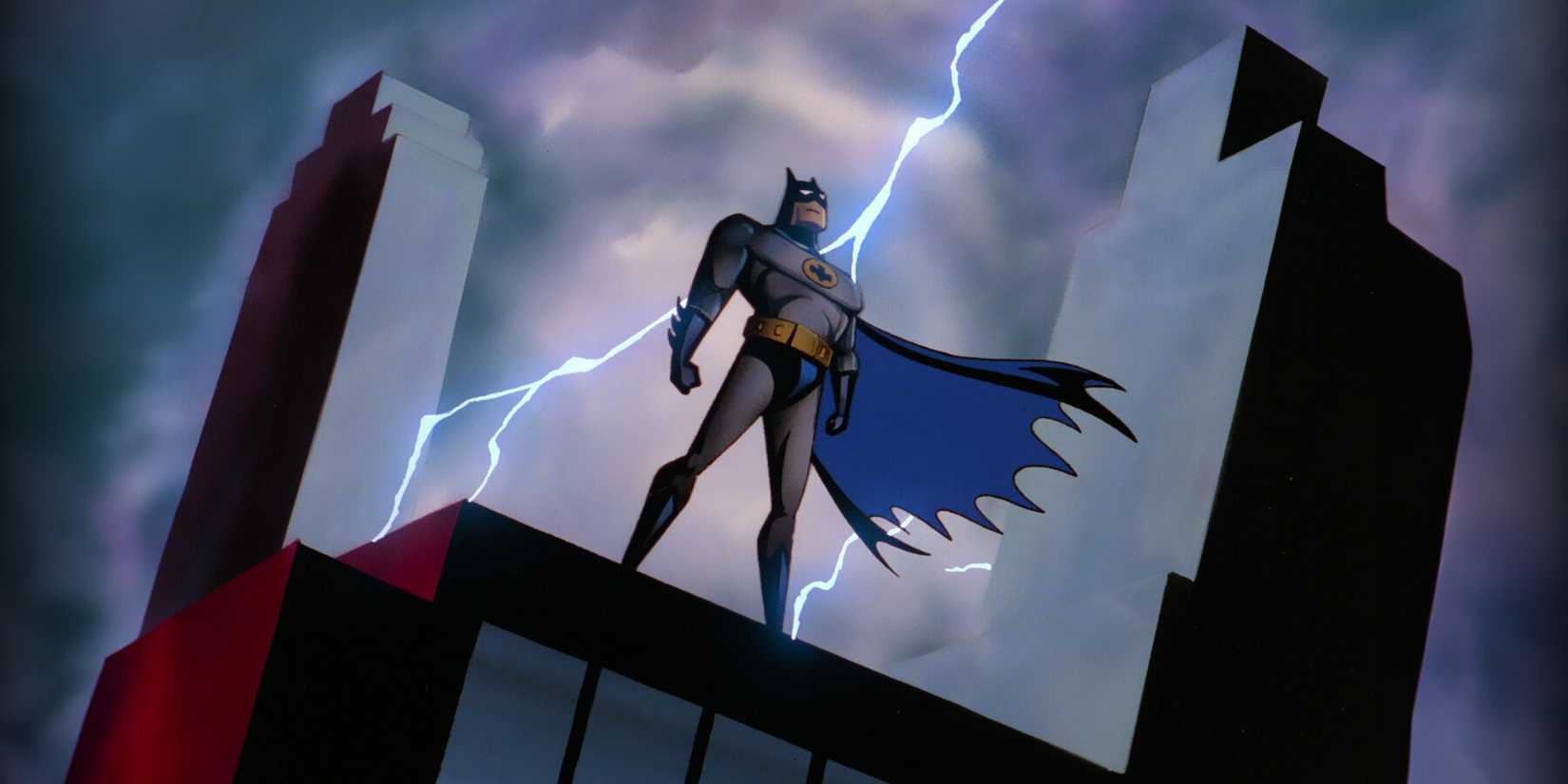
Many still consider Batman: The Animated Series the best superhero cartoon ever made. Its distinctive art style, dark and mysterious stories, and serious themes created a Gotham City that felt both classic and like a big-screen movie. It wasn’t just entertainment; it was a deep look into questions of right and wrong, what people fear, and who we really are.
Kevin Conroy’s portrayal of Batman and Mark Hamill’s Joker became the definitive versions of these characters for many fans. Episodes of Batman: The Animated Series, such as “Heart of Ice,” gave villains complex and sympathetic backstories. The show’s unique visual style, known as “Dark Deco,” made the animation feel mature, polished, and consistently enjoyable. A key part of this look came from the innovative technique of animating on black paper.
Batman: The Animated Series had a huge impact, going well beyond just television. It served as inspiration for shows like Batman Beyond, the Arkham video game series, and even influenced the Batman comics themselves. The series demonstrated that animated storytelling could be just as emotionally powerful and complex as live-action dramas, fundamentally changing how superhero stories are told.
WandaVision (2021)
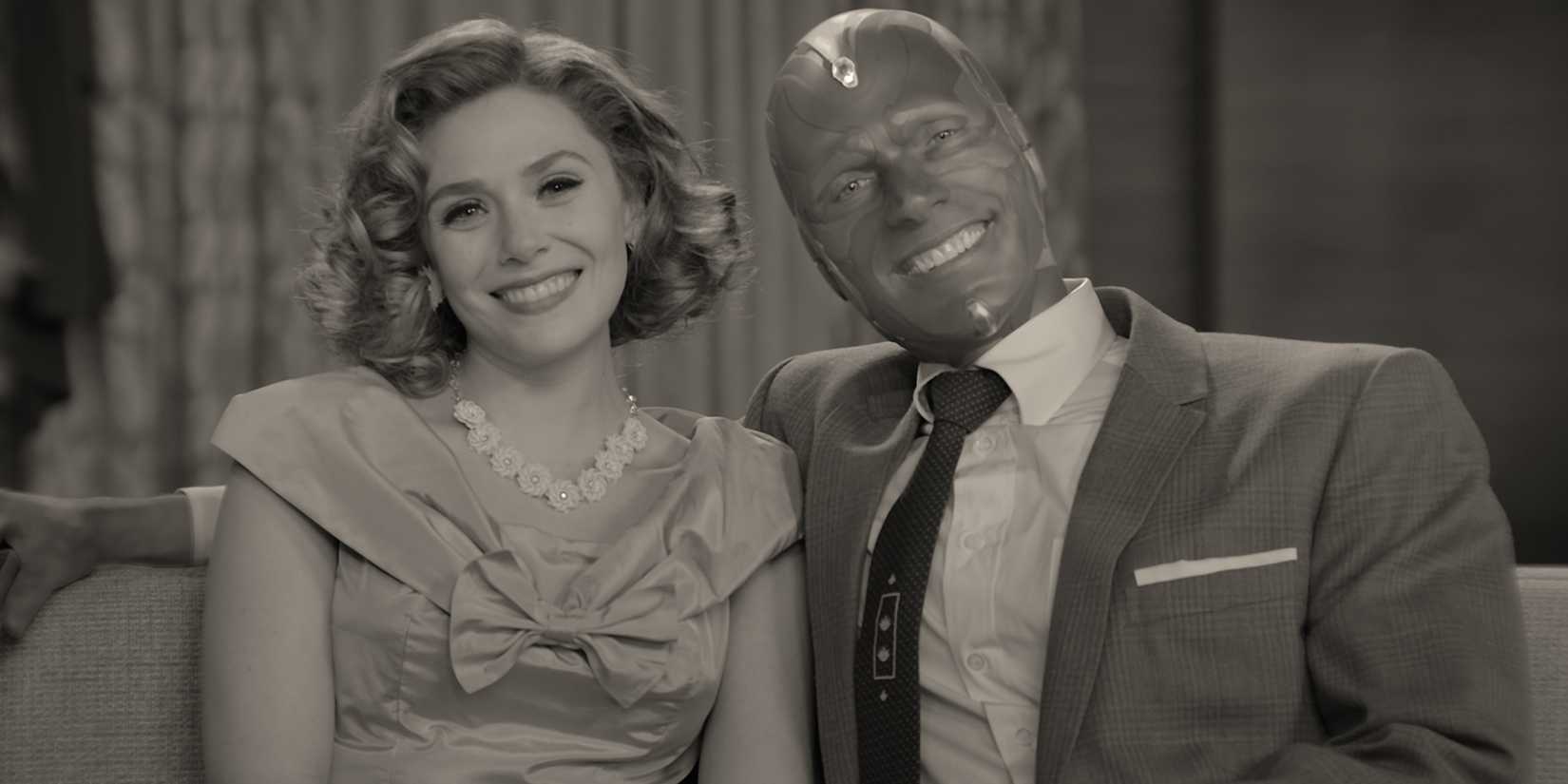
WandaVision wasn’t just another typical superhero series; it was a creatively daring show. It uniquely combined the familiar style of classic sitcoms with the intense emotions of grief, transforming Wanda Maximoff’s sadness into a strange and dreamlike exploration of TV’s past. Each episode revealed more about her hidden trauma, longing for the past, and attempts to avoid reality, ultimately twisting what felt cozy into something unsettling.
WandaVision was groundbreaking in how it honored classic TV styles while also pushing the Marvel Cinematic Universe in new directions. Elizabeth Olsen’s heartfelt and sensitive performance was central to the show’s success, and critics praised its willingness to break away from typical superhero storylines. Ultimately, WandaVision demonstrated that the MCU could deliver unique television experiences, rather than just relying on big action sequences.
WandaVision demonstrated that superhero stories could be artistic, deeply emotional, and unconventional while still remaining relatable. It successfully blended big-budget action with the style of independent films, significantly shaping how Marvel creates shows for streaming. Ultimately, the series expanded the possibilities for storytelling and emotional depth in superhero television.
Read More
- How to Get the Bloodfeather Set in Enshrouded
- Every Targaryen Death in Game of Thrones, House of the Dragon & AKOTSK, Ranked
- 4 TV Shows To Watch While You Wait for Wednesday Season 3
- The Pitt Season 2, Episode 7 Recap: Abbot’s Return To PTMC Shakes Things Up
- Gold Rate Forecast
- One of the Best EA Games Ever Is Now Less Than $2 for a Limited Time
- Goat 2 Release Date Estimate, News & Updates
- Best Controller Settings for ARC Raiders
- Best Werewolf Movies (October 2025)
- 10 Movies That Were Secretly Sequels
2025-11-08 16:04